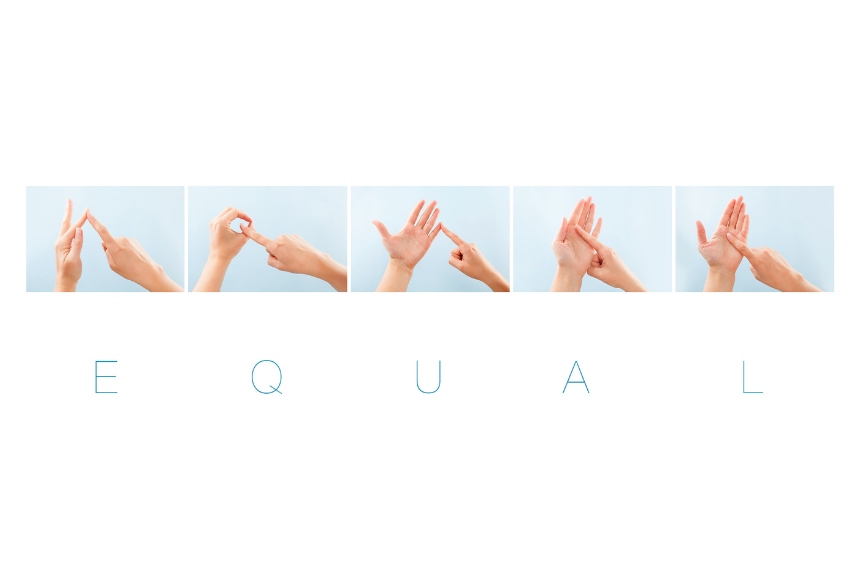Weekly UK Education News – Week of July 2
Attainment Gap After Covid Is Still Affecting Students
New analysis by the Education Policy Institute (EPI) reveals that the attainment gap between secondary school students in the UK’s social care system and their peers has widened in the aftermath of the Covid-19 pandemic. The report shows that in 2021, looked-after children achieved English and maths GCSEs that were 2.3 grades behind their peers, on average. For children in need with a child protection plan, the average lag was 2.1 grades, while children in need without a child protection plan were 1.6 grades behind. These figures have increased compared to 2019, reversing progress made between 2014 and 2019 in narrowing the attainment gaps. Additionally, the number of students who have experienced social care has also risen, with 1.7% of Year 11 students classified as looked-after children in 2021, up from 1.4% in 2014. The data also showed a rise in socioeconomic disadvantage since the pandemic, with eligibility for free school meals particularly high among children in social care.
Rising School Absenteeism: Unravelling the Impact of Anxiety, Illness and the Cost of Living Crisis
A recent investigation by The Guardian has revealed a significant increase in school absences among GCSE-year pupils in England, with one in 10 absent each day this year, a rise of 70% compared to pre-Covid levels. Factors such as anxiety, illness, and the current cost of living crisis have fuelled these high absence rates.
The rate of unauthorised absences has more than doubled since the pre-pandemic years. Research by FFT Datalab consultancy indicates that Year 11 students, aged 15-16, missed 4.5% of all sessions for unauthorised reasons until mid-May, compared to 2.1% in 2018-19. In addition, these students missed 6.4% of sessions due to illness or other authorised reasons, leading to a total of nearly 11% of missed school time compared to 6.4% in 2018-19.
Schools have responded to this crisis by employing a new wave of attendance officers, education welfare officers, and counsellors focusing on “emotionally based school avoidance”. The aim is to aid students in overcoming anxiety or other barriers hindering their regular school attendance.
Approximately 34,000 students nationally are believed to be attending school part-time, with 18,000 given permission to be absent for at least two days a week. Notably, Year 11 students have the highest proportion of part-time attendees, with one in every 100 attending part-time.
The analysis also reveals that one in five Year 11 students have missed the equivalent of one school day each week during term time. Additionally, one in 20 have been absent for half the time. This implies that absence levels have remained high since 2021-22 when the pandemic was at its peak.
The Department for Education has stated that it’s working with schools and councils to identify and support persistently absent children, asserting that attendance rates have improved since the pandemic, and the majority of children are now attending school regularly.
Breaking Communication Barriers: The Introduction of British Sign Language GCSE in UK Schools

The UK government is progressing towards introducing a GCSE in British Sign Language (BSL), as it commences a 12-week consultation on the content of the proposed qualification. This new GCSE will provide students with communication skills useful in work, social, and academic environments, thus enhancing their life skills.
The Department for Education (DfE) has been working alongside subject experts, stakeholders, and schools to develop content that ensures international recognition for the new GCSE. It’s expected to be as knowledge-rich, diverse, and challenging as any other GCSE qualification. The government is seeking views on this new qualification from teachers, employers, and both the deaf and hearing communities. The introduction of this GCSE is planned for the first teaching semester starting in September 2025.
Education Secretary Gillian Keegan praised the move, noting that good communication is a crucial life skill. The GCSE in BSL is expected to remove barriers, promote equality, and celebrate the history and culture of British Sign Language.
Ofqual Chief Regulator, Dr Jo Saxton, shared the same sentiment, stating that the new GCSE in BSL will encourage more people to study the language. Susan Daniels, Chief Executive of the National Deaf Children’s Society, expressed her delight at this progress, recognizing BSL as a native British language used by tens of thousands of people. She stressed that it’s only fair for BSL users to have the opportunity to achieve a GCSE in their legally recognized language.
The move has been widely supported, as demonstrated by a survey revealing high levels of support for a BSL GCSE among both deaf and hearing students, their parents, and teachers. The development of this GCSE follows the recognition of British Sign Language as a language of Great Britain in law through the BSL Act (2022). The introduction of the qualification is seen as a crucial step in making the UK society more inclusive and accessible.
From Gaming to Earning: Dyslexic Teen Turns Virtual Reality Hobby into £17K Annual Side Hustle
Mason Bristow, a 17-year-old from Bristol, UK, earns £17,000 annually by playing video games from his bedroom. Despite having dyslexia and securing only one GCSE, Bristow has managed to make a substantial income through the virtual reality game Rec Room since 2018. He uses the money to fund his personal expenses, holidays, and his own college education. Bristow creates content in the game and earns in-game currency, which is later cashed out by the game developers. His work has gained popularity on the platform, attracting over 1.5 million visitors to the rooms he created, and earning him monthly payouts between £800 – £1.2K.
Sutton Trust: Urgent Intervention Needed to Close Pandemic-Widened GCSE Attainment Gap.
The Sutton Trust charity has issued a warning concerning the threatened social mobility of future generations if immediate interventions to close the attainment gap that has been widened by the pandemic are not undertaken. According to their report, in 2021, 62% of high-achieving pupils from affluent backgrounds achieved five or more GCSEs at grade 7-9, compared to just 40% of high-achieving students from disadvantaged backgrounds.
This discrepancy equates to almost 7,000 students missing out on top GCSE grades. Over a span of five years, this gap could affect over 28,000 students. Disadvantaged students have been shown to lag behind their affluent counterparts by more than three-quarters of a grade per subject on average. The report also notes that these students are almost twice as likely to drop out of the top-third GCSE attainment group compared to their affluent peers.
Certain subgroups are most likely to fall behind, including boys, White and Black Caribbean students, and those residing in the North East and North West of England. These students often lacked a suitable device or place to study at the beginning of the pandemic, making it harder for them to keep up with their education.
The Sutton Trust calls for the government to review the funding for schools in disadvantaged areas urgently and to ensure the effective implementation of the National Tutoring Programme (NTP). It further encourages universities to make better use of contextual offers, such as reduced grade offers, to acknowledge the attainment gap and widen access to higher education.
Cyber-Attack Leads to Stolen Exam Papers from Major Exam Boards

Police are currently investigating a cyber-attack that saw exam papers stolen from Pearson and OCR, two major exam boards, and then sold online. It is believed that a hacker impersonated a school, hacked their email system, and used it to request the papers. The specifics of the exams in question remain unknown.
Exam centers usually receive papers several weeks in advance, but there are also protocols in place for “emergency” digital delivery of papers if there is not enough time to send them via post. The Joint Council of Qualifications (JCQ), which represents the exam boards, stated that they investigate potential security breaches every year and impose severe sanctions against any individuals found to be involved.
Cases of actual exam paper theft are rare, with only 28 instances of leaked materials reported last summer, one of which involved a Pearson GCSE maths question leaked on social media. Another notable incident saw an AQA A-level chemistry paper stolen from a delivery van, leading to the disqualification of students who had access to the paper.
Ofqual, the exam boards regulator, stated that it could not comment on ongoing police investigations. However, it did note that penalties for students found to have illicitly accessed an exam paper are severe.








